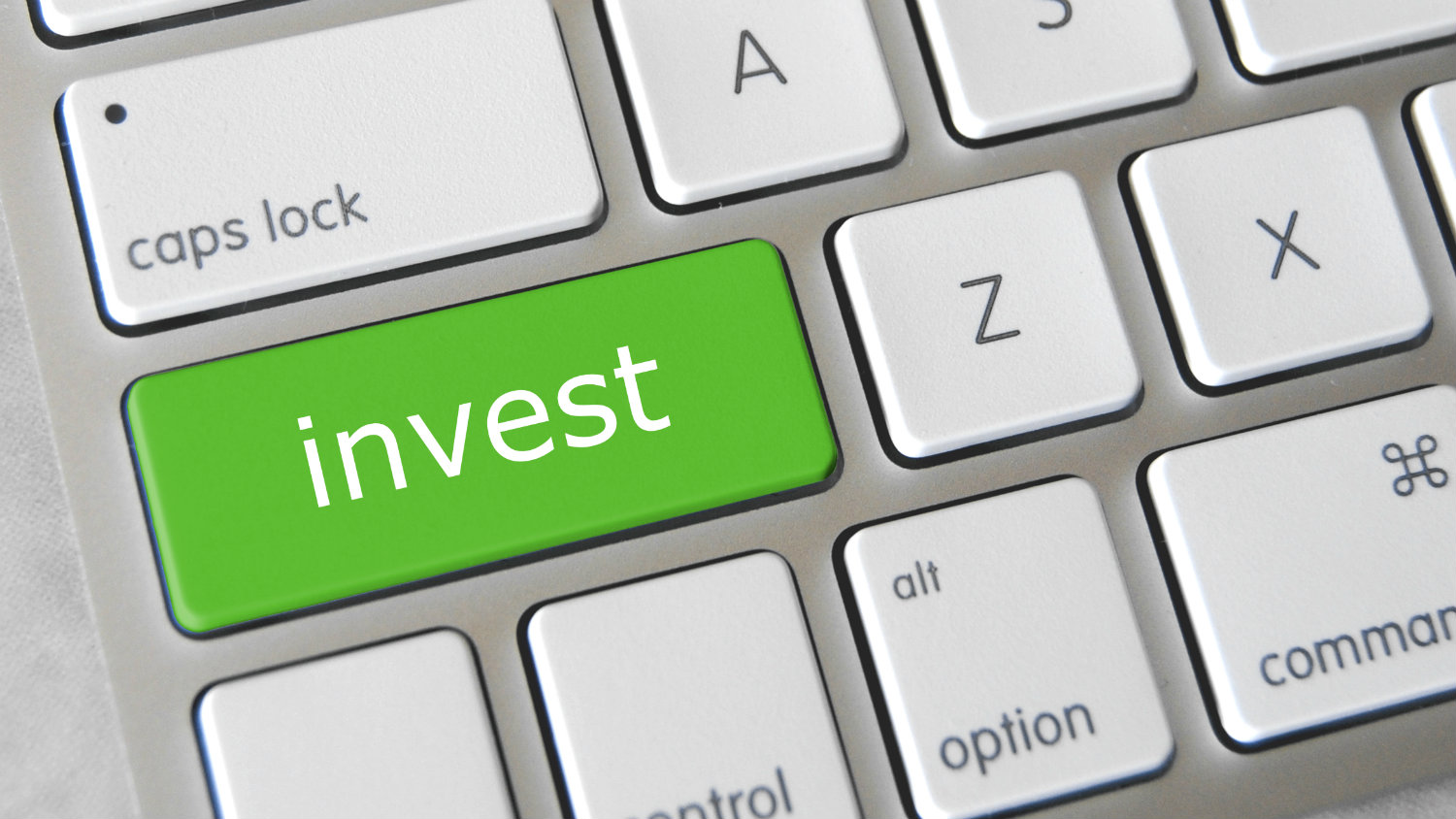Have you been following the bankruptcy proceedings of discount shoe retailer Payless ShoeSource? Shareholders of Onex Corporation (TSX:ONEX) ought to pay attention.
Once a public company, Payless was taken private in 2012 in a complicated transaction involving two private-equity firms and Wolverine World Wide, Inc. (NYSE:WWW), the maker of Hush Puppies.
It’s been almost five years since the buyout, and the Payless side of the equation is under siege. But first, here’s a little backstory.
In May 2012, Collective Brands Inc., the Kansas-based parent of both Payless ShoeSource, its retail shoe store chain, and its Performance + Lifestyle Group (PLG), which manufactured four brands of shoes, including Keds and Sperry-Topsider, was sold to the three buyers for $2 billion.
Wolverine World Wide paid $1.24 billion for the PLG business; Blum Capital and Golden Gate Capital paid $800 million for Payless ShoeSource, including $550 million in equity and the assumption of $250 million in debt.
What does that have to do with Onex?
I’m getting to it. I just need to share a little more information with you.
A 70/30 equity/debt split should have put Payless on solid footing. However, a combination of private-equity greed and a changing retail industry led to a financial meltdown that ultimately saw Payless file for bankruptcy protection in early April.
Here’s where the rubber meets the road.
Payless has $838 million in debt — significantly more than it had in 2012 at the time of its acquisition by Blum Capital and Golden Gate Capital. Since then, it’s added approximately $588 million in debt, 60% of which went into the pockets of its two private-equity owners for dividend recapitalizations in both 2013 and 2014.
The private-equity firms use these recaps to recover as much of their capital investment (and juice their investor returns = more fees) before an acquired business has a chance to unravel and start losing money.
Bloomberg published an article in March with the headline “Private Equity Wins Even When it Loses, Thanks to Debt Markets.” The headline is self-explanatory, don’t you think?
It’s a great deal if you’re private equity
Perhaps that’s why private-equity firms have paid themselves US$90 billion in dividends since the beginning of 2013 using debt from the companies they’ve acquired in buyouts.
“Private equity firms are hastening the demise of companies that are already troubled by siphoning off money for themselves,” veteran litigator Ronald Sussman, who has represented creditors in retail bankruptcy cases, told Bloomberg.
The media like to talk about people using their houses as ATMs; private-equity firms do the same with the companies they’ve acquired in leveraged buyouts.
Think about it
In Payless’s best year (2010) as part of Collective Brands, it had $131 million in operating income from $2.5 billion in revenue. Things began to slide in 2011 even before private equity took over. Pile on $350 million in additional debt, and there’s almost no chance it can grow revenues fast enough to cover the increased interest payments, hence the need for Payless to borrow more money to stay afloat.
I’m pretty sure the additional $238 million in debt ($838 million in debt less $350 million for dividends and $250 million assumed) it tacked on between 2014’s dividend recap and today was to do just that.
There used to be a saying that it was better to own shares in a mutual fund company than it was to own shares in the mutual fund company’s mutual funds.
Well, you can say the same about private-equity firms like Onex and others.
It’s better to own shares in Onex and other publicly traded private-equity firms than it is to invest in the actual companies they’re buying.
Bottom line
Don’t get me wrong; I think Gerry Schwartz and company do a great job for shareholders. However, much like investing in cigarette companies, you’re dancing with the devil.








